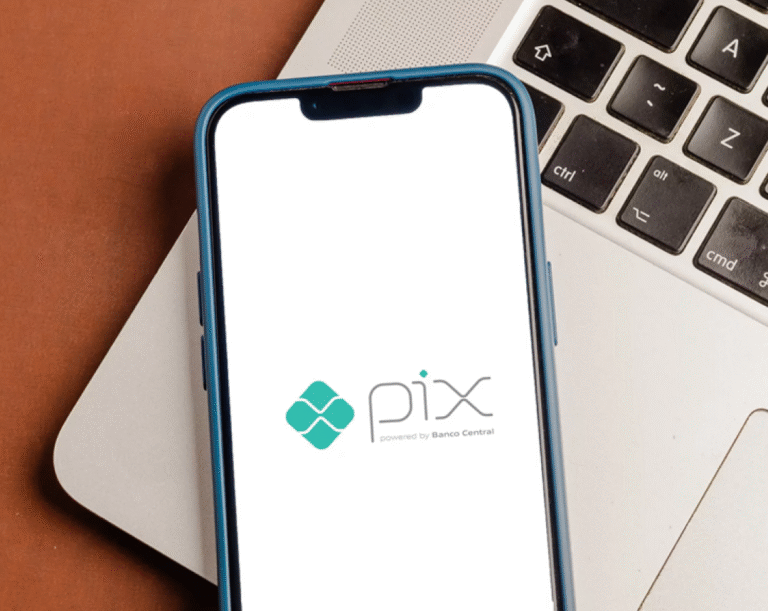Global companies operating in Brazil are familiar with the challenge: balancing operational efficiency, scalability, and retention in a market shaped by unique financial dynamics. These include a highly concentrated banking ecosystem, high card processing fees, and a large consumer base that often lacks access to traditional financial products.
Pix is already the most widely used payment method in Brazil. In 2024, Pix recorded 63.8 billion transactions, representing a 52% increase compared to the 41.9 billion transactions in 2023 (FEBRABAN). Within this landscape, Pix Automático, a new feature regulated by the Central Bank and set to launch in June 2025, becomes a strategic turning point for those utilizing Pix automático to streamline transactions.
This new functionality allows recurring payments to be executed with prior customer authorization, offering speed, security, and substantially lower fees compared to traditional card-based models.
In this article, we explain how this infrastructure has the potential to further transform the way global companies operate and scale in Brazil.
What is Pix Automático and how does it work?
Pix Automático is an upcoming enhancement to Brazil’s instant payment system, Pix. Developed by the Central Bank, it allows for automated recurring payments based on prior authorization from the payer.
Here is how it works in practice:
- The company offers Pix Automático as a payment option for its products or services
- The payer authorizes recurring charges in advance and sets rules such as transaction limits, frequency, and optional use of a credit line
- The company submits the charge request to the payer’s bank ahead of the due date
- The bank schedules the payment and notifies the payer, who can review the details through their banking app
- On the scheduled date, the payment is executed automatically under the terms agreed in the initial authorization
This process brings clear benefits to both sides. For businesses, it reduces operational costs, lowers default rates, and increases reach by removing friction points like credit card limits or boleto dependency. For customers, the experience is simple, predictable, and gives them better control over their payments, with less chance of forgetting thanks to features like Pix automático.
The limits of traditional recurring payment methods in Brazil
Today, international companies doing business in Brazil mostly rely on local credit cards and boletos (bank slips) for recurring billing. Both carry operational friction, higher costs, and frequent failures, as illustrated in the comparison below.
Traditional recurring payment methods in Brazil
Aspect | Credit Card | Boleto Bancário |
|---|---|---|
Transaction cost | 2% to 4% + early settlement fees | BRL 1 to 4 per boleto issued or USD 0.18 to 0.71 per boleto issued |
User adoption | Limited to those with card and credit availability | Broad, but requires manual action every billing cycle |
Risk of payment failure | High — card expiration, blocks, insufficient limit | Very high — delayed or missed payments are common |
Settlement time | Up to 30 days, unless early settlement is paid for | 1 to 3 business days after payment |
Automation | Yes, through local acquirer and gateway | Not compatible with true automation |
User experience | Medium — depends on card validity and system reliability | Poor — requires manual effort every time |
Technical barriers for merchants | Requires local acquiring, PCI compliance, anti-fraud systems | Manual generation, delivery, and reconciliation |
Recurring revenue stability | Unstable — high churn due to failed payments | Low — abandonment and non-payment are frequent |
Pix Automático was created to eliminate these pain points by combining the convenience of automated billing with the speed and reliability of Pix.
What’s the impact for international companies?
For international companies offering services in Brazil such as streaming platforms, SaaS providers, global marketplaces or online gaming, it will be possible to charge customers on a recurring basis through Pix Automático, something that was previously limited mainly to local credit cards.
This becomes even more relevant considering that any user with a bank account and Pix access will be able to subscribe to a global service and pay automatically in Brazilian reais (BRL), expanding reach in a country where many consumers do not have international credit cards or prefer not to use them.
With a projected volume of at least USD 30 billion in e-commerce transactions over two years, according to Forbes Brasil, Pix Automático offers global companies a significantly lower-cost alternative, with fees up to ten times lower than those charged for card transactions, while also removing common barriers such as failures due to credit limits or expired cards by utilizing automatic Pix.
This represents a major opportunity for companies to reduce churn, expand conversion, and increase recurring revenue from the Brazilian market.
Pix is evolving. Your company should too.
Pix Automático is part of a broader movement to modernize digital payments in Brazil and create infrastructure that better aligns with the behavior of today’s consumer.
With every new release, Pix strengthens its position as the dominant payment method in Brazil. It has gone beyond peer-to-peer transfers and now powers commerce, billing, and recurring payments at scale. If your company already operates in Brazil or plans to enter, adopting Pix is essential.
FacilitaPay is closely aligned with this evolution and ready to connect your business to the Pix ecosystem with the right technology, local compliance, and cross-border expertise built for global companies.
Talk to our team to learn how we can help you scale in Brazil with the right payments infrastructure.








